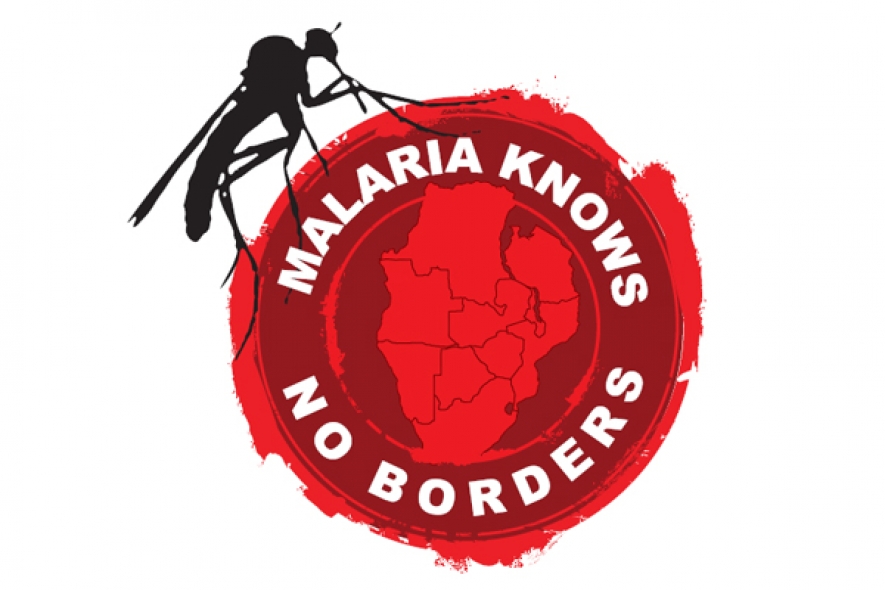Global situation:
An estimated 3.4 billion people are at risk of malaria, of whom 1.2 billion are at high risk. In high-risk areas, more than one malaria case occurs per 1000 population. There were an estimated 207 million cases of malaria in 2012 (uncertainty range: 135 – 287 million) and an estimated 627 000 deaths (uncertainty range: 473 000 – 789 000). 90% of all malaria deaths occur in sub-Saharan Africa. In 2012, malaria killed an estimated 482 000 children under five years of age. That is 1300 children every day, or one child almost every minute. Between 2000 and 2012, the scale-up of interventions helped to reduce malaria incidence rates by 25% globally.
Regional situation:
1.4 billion are living at risk of contracting malaria. 27 million cases and 42,000 deaths has been occurred due to malaria. South East Asian Region is now facing multi drug resistant malaria spreading westward from Mekong countries (Burma (Myanmar), Laos, Thailand, Cambodia, Vietnam and Yunnan province of China).When consider the SAARC region, Pakistan and India harbour the largest disease burden of the disease. Bangladesh has taken significant steps in controlling malaria while Nepal and Bhutan has significant progress towards eliminating malaria. Out of SAARC countriesMaldives and Sri Lanka has already eliminated malaria.
Sri Lankan situation:
Malaria has been endemic in Sri Lanka for many centuries and several major epidemics have occurred. The most devastating of these was in 1934–1935 during which approximately 1.5 million individuals contracted the disease and over 80,000 died of malaria.And later a near malaria elimination was experienced during the Global Malaria Eradication Programme of the 1960’s, which failed, causing the return of malaria to cost the nation dearly for several decades thereafter. Through a valiant effort, more recently the country has steadily reduced the malaria burden from over 400,000 cases in 1991 to zero cases by November 2012, sustaining this achievement to date in spite of a 30 year old vicious civil conflict in the country. Since then Sri Lanka has be free of locally acquired malaria until now. Yet, Sri Lanka continuing to be burdened with imported malaria especially from India, Pakistan and African countries.
The high risk groups among imported malaria cases include:
– Sri Lankan businessman/traders who travel frequently to India and other neighbouring countries
– Sri Lankan military personnel returning from service in peace-keeping missions abroad
– Sri Lankan pilgrims returning from India and Myanmar, Sri Lankans returning from work or leisure trips abroad – mainly from Africa and East and South Asia
– Tourists/ Foreigners who have arrived here traveling through other countries in Asia or Africa
– Migrant workers/labourers who are from neighbouring countries who are working in Sri Lanka on industrial and development projects – dock yard, ports.
– Immigrants from neighbouring countries – basically any foreign national, noting that some may be illegal/ irregular immigrants and may not provide accurate information about their origin or resident status in this country
– Refugees including those from Pakistan, Afghanistan and Myanmar
Risk of resurgence of malaria in Sri Lanka high and may cause immense suffering, disease & death & impede social & economic development due to;
1. The malaria mosquito is highly prevalent in the country
2. People infected with malaria are coming to the country
Therefore key messages to be known by general public
· Doctors & healthcare workers – be vigilant of malaria cases especially fever cases with a travel history imported into the country. Diagnose and treat them early so that they do not transmit the disease.
· Foreign migrant workers and foreign travellers – you may have malaria. Please get yourself tested and treated immediately to save your life as well as not to infect others
· Sri Lankans travelling abroad– please take malaria preventive treatment before you leave. Avoid mosquito bites by sleeping under mosquito nets, use of mosquito repellent creams and avoidance of outdoor visits during the night as much as possible or if it is really necessary wearing long clothes will protect yourself contracting malaria during your stay. On your return to the country get your blood tested for malaria. If you develop fever within 2 months alert your doctor about the possibility of malaria. Preventive treatment is available free of charge at Anti Malaria Campaign Headquarters, Regional Malaria Offices and medical centre at Bandaranaike International Airport.



















